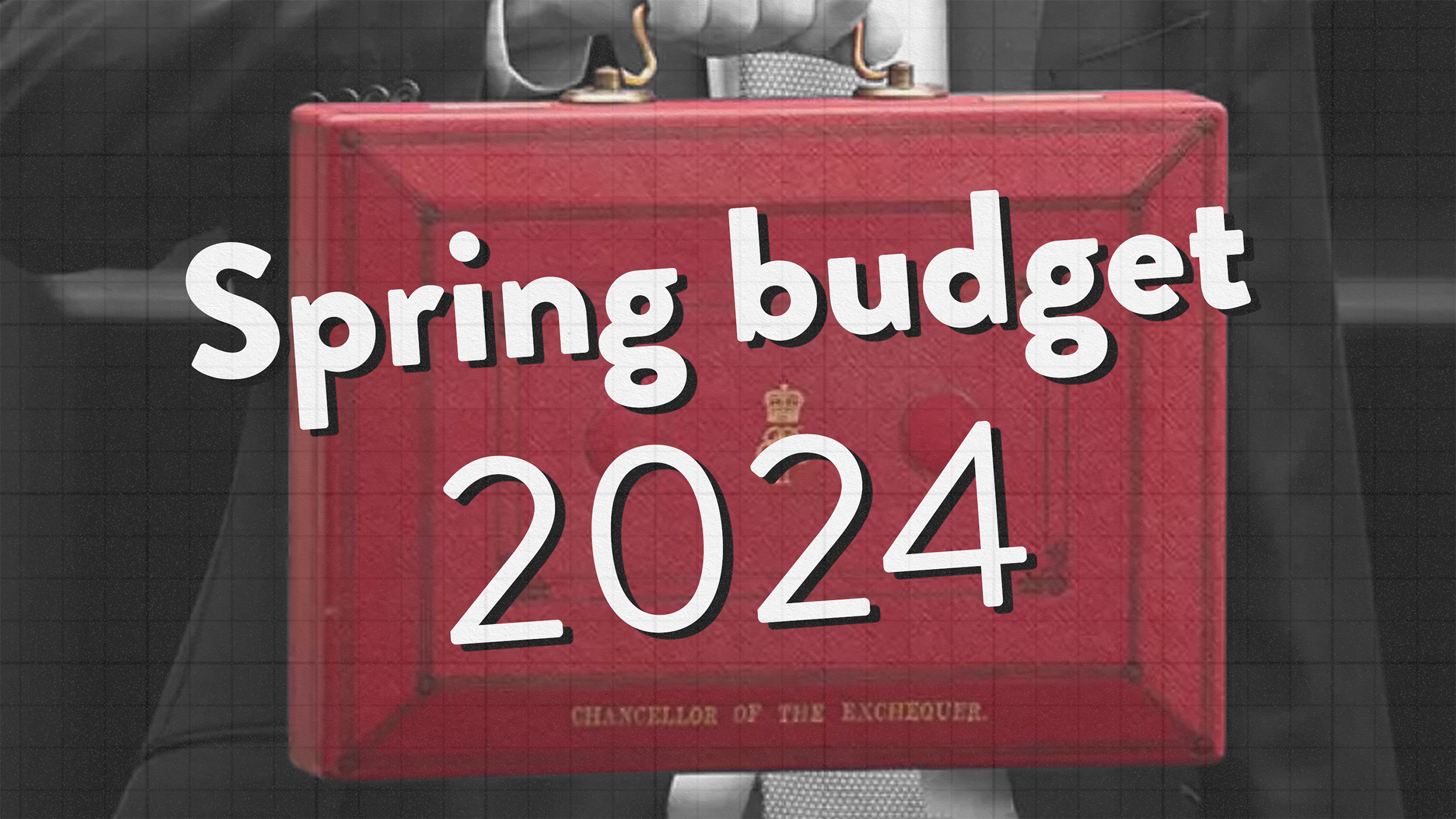Making sense of the spring budget
A 5 minute read

Making Sense of the Spring Budget
Chancellor Jeremy Hunt has delivered what could be the final budget of this parliament. Although the date of this year’s general election is yet to be set (a Labour frontbencher bet that we’ll be going to the polls in May, but senior Conservatives have dismissed this suggestion), the 2024 general election has coloured financial debate all year, including that of Wednesday’s Spring Budget announcement.
But with changes to National Insurance, the announcement of a new form of ISA, and a new vaping levy, it’s your money that’s being affected.
Another National Insurance Cut
The headline news? National Insurance (NI) is getting cut by 2p, from 6 April. This is in addition to the reduction announced in November’s Autumn Statement. And, whilst it doesn’t sound like a lot, it could have some pretty big ramifications for your monthly take-home pay.
NI is a tax paid by employees on earnings over £12,570 (it’ll come out of your pay check automatically), and for the self-employed, on profits over £12,570 (this is paid via self-assessment). If you’re employed, NI will be reduced to 8%. For anyone who is self-employed, their NI will now be set at 6%.
So what does that actually mean?
Well, it depends on your income. Someone who, for instance, has a salary of £25,000, will see an annual boost of £248.60 as a result of the new rate. But the new change benefits higher earners more. Anyone earning £50,000 will be better off by £748.60, once the new change takes effect.
You pay NI between the age of 16 and State Pension Age, and you’ll qualify for the State Pension if you make enough qualifying contributions or credits – and it’s important to know that the new cut to NI will not affect your right to the State Pension or any other associated benefits.
A ‘British’ ISA
The Chancellor announced plans to introduce a new ISA. This was labelled a ‘British ISA’ during the Budget speech itself, but it’s officially known as a UK ISA. You will only be able to invest in British assets (so you can imagine how long it took them to come up with its name).
The new UK ISA is actually a new £5,000 allowance, which acts on top of the current £20,000 ISA limit. That means that anybody who currently maximises their allowance will have an extra £5,000 of wiggle room for UK investments.
In any case, this announcement comes gift-wrapped with controversy: many commentators – and even some backbench Conservative MPs – were clamouring for changes to Lifetime ISAs – but this didn’t even get a mention in the Budget. According to Martin Lewis of MoneySavingExpert, a reformed LISA is not off the table, but it is not on the government’s radar this time around.
And on UK investments…
Did you know that UK pension funds invest just 4% of their assets in UK shares? Perhaps part of that thinking has influenced the creation of a British ISA, but it has certainly led to the new policy that pension funds will need to declare how much they invest in both UK and International assets.
That should lead to greater transparency when it comes to picking your investment portfolio, and better agency in tailoring investment performance.
Child Benefit Changes
Some significant changes to how Child Benefit works were announced, which could make it a fairer and more inclusive benefit.
Until now, Child Benefit would have begun to be taxed if one parent earned more than £50,000 per year. The benefit was then slowly taxed away, so that the more you earn, the less you receive after tax; by the time you earn over £60,000, you won’t receive anything at all after the tax charge. From April 2024, the initial threshold will increase to £60,000, the top of the taper will increase to £80,000 and individuals with income between the two thresholds will lose 1% of their Child Benefit for every £200 of income they earn in excess of £60,000.
The Chancellor also announced plans to introduce a new rule which would see Child Benefit apply to a household’s overall income rather than the income of one parent. These changes are further afield, with an intended roll-out by April 2026. It’s a policy that has attracted significant criticism, with leading critics like Martin Lewis branding the policy as unfair. This is because families with one parent earning over £50,000 would begin to see the benefit withdrawn, but families with two parents earning just under the limit would retain the full benefit whilst taking in a higher household income.
Anything else?
The Cost of Living continues to leave families across the UK in need of support.
The Household Support fund, which aims to help councils support local food banks and fund warm spaces, will be extended for 6 months until the end of September this year.
The repayment period for new loans has also increased from 12 months to 24 months, in a boost to people on Universal Credit.
Fuel duty will be frozen, meaning that it will remain at 52.95p per litre, which, according to the Chancellor Jeremy Hunt, will save average drivers £50 next year. Of course, how often you fill up at the pump, as well as the size of your car’s engine, can influence how much fuel you’re buying.
What’s more, with fuel duty having been frozen by every chancellor since 2011 and increased oil prices making filling up a larger financial headache than it used to be, don’t expect fuel prices to change dramatically.
A new vaping levy will be introduced alongside a one-off increase in tobacco duty.
Furthermore, the Government is increasing the Air Passenger Levy, which will see business-class flight prices rise.
There was also an extension to the windfall tax on oil and gas companies, now due to expire in March 2029.
Has anything not changed?
The personal allowance (which is the amount you can earn before being subject to income tax) remained unchanged, and income tax brackets also remain unaltered. This is a continuation of the freeze over the last few years and is expected to remain until 2028.
So what does it all mean?
The Spring Budget could well be the last budget of this parliament, but it is going to have lasting impacts on your money. With boosted take-home pay as a result of another National Insurance reduction, you could be walking ‘round with a bit more cash in your pocket. Which is always good news.
With continued Household Support Fund and reforms to Child Benefit on the horizon, there’s plenty to think about.
For a detailed look into the budget, check out this quick-fire summary courtesy of the BBC.
DO NOT EDIT THIS BOX UNLESS YOU'RE NOEL

